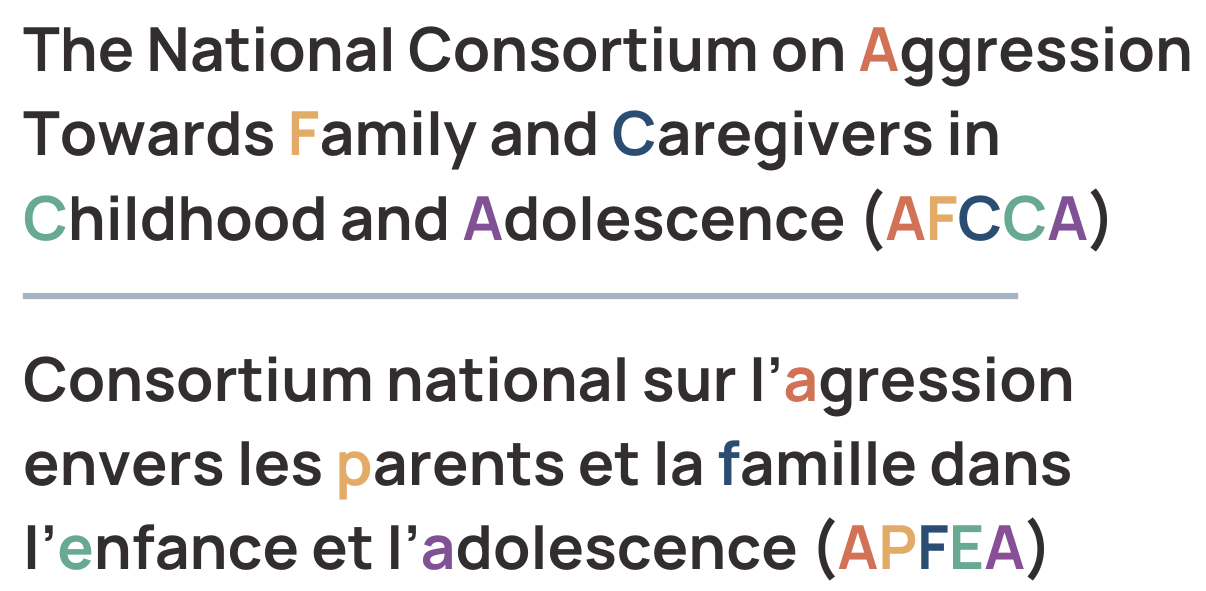READI+ Community Engagement
Community collaboration may include creating partnerships, resource sharing, facilitating open dialogue and the sharing of ideas between communities, joint projects, the creation of networks, and coalitions. This process recognizes the value of bringing together the strengths, resources and insights of multiple communities to foster innovation that promote individual and community wellbeing.
This summary research poster highlights the findings of the study “Young Persons’ Reflections on their Rights as Children in the Context of AFCCA”, by DeCarlo-Slobodnik, D., and Gervais, C. University of Ottawa, September 2022.
Community Conversations with…
Kymani Montgomery
Alice Audrain sits down with Kymani Montgomery, Executive Director of the Tenno Project — a grassroots Ottawa charity supporting queer and trans youth, their families, and children of queer and trans parents. Together, they unpack the dos and don’ts of community engagement and explore what intersectionality looks like in action.
Mariama Aregbesola
Mariama Aregbesola, Manager of the Family Resilience Program at the Parent Resource Centre, joins Alice Audrain for a powerful conversation on community wisdom and the lived experiences of marginalized communities — especially Black communities. Drawing from both personal and professional insight, Mariama shares her unique perspective on supporting diverse families and building resilience through culturally informed care.
Meghan Stewart
Meghan Stewart, a certified mindfulness teacher and trainer, joins Alice Audrain to explore the powerful role emotions play in our daily lives. Together, they discuss not only the personal experience of emotions but also their collective and historical dimensions — recognizing that while our stories may differ, the emotions themselves are universally human.
Mishka Taylor
In this heartfelt conversation, Mishka Taylor, Ruby, and Alice Audrain reflect on the often unspoken challenges of balancing life, family, and personal expectations. Centered around the question, "I don’t know how you do it," they share honest moments about the weight of caregiving, especially on days when resources feel scarce and hope feels out of reach.
Suzan Richards
In this rich and reflective conversation, Suzan Richards — Artistic Director of the Cultural Arts Studio, educator, community auntie, and anti-racism and equity specialist — joins Alice Audrain to unpack the often-repeated phrase “It takes a village.” Together, they explore what a village really means, who the villagers are, and how community care shows up in both visible and invisible ways.
Charline Grant
Charline Grant, Chief Advocacy Officer and co-founder of Parents of Black Children, joins Alice Audrain for a conversation exploring intersectional advocacy. Together, they discuss what it means to move beyond single-issue approaches, and how understanding overlapping identities is essential when working with historically underserved communities. The conversation touches on systemic racism, institutional accountability, and the importance of wraparound support for Black children and their families — not just in Ontario, but wherever advocacy is needed.
Edson Joachim Part 1
Edson Joachim joins Alice Audrain for part one of their conversation, focusing on the importance of safe, community-centered spaces. Drawing from his experience with Black in Nature — a group that brings people together through time spent outdoors — Edson shares his work supporting children and families through inclusive, healing environments. The conversation explores community engagement, the need for culturally safe spaces, and how micro-aggressions affect individuals and community well-being.
Edson Joachim Part 2
In part two of their conversation, Edson Joachim and Alice Audrain continue exploring the importance of safe spaces — especially for Black children. They discuss how early experiences of needing to "fit in" can shape identity and behavior, and how survival mode often becomes a default response. The conversation highlights how affirming spaces can help children feel seen, understood, and free to be themselves — creating the possibility to unlearn harmful messages and rebuild confidence from a young age.



